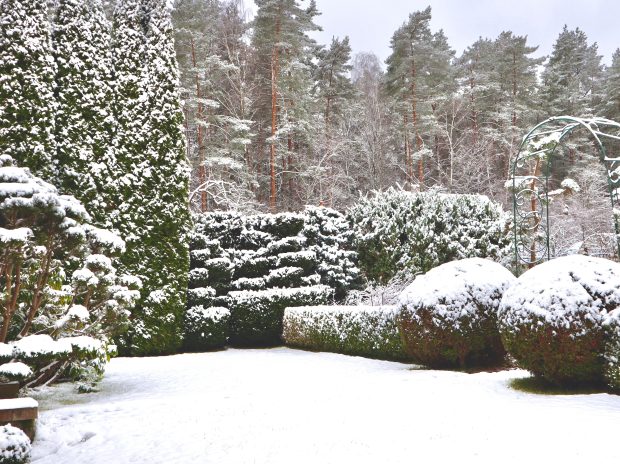Call Now:
(219) 365-2400
A well-manicured lawn is the cornerstone of any beautiful home. An essential aspect of this is knowing the type of grass that grows on your lawn. Understanding your lawn’s grass type is crucial to ensure that you can educate yourself on the best lawn care practices. Mowing, watering, fertilizing, and applying herbicides can vary based on your grass type. In this article, the landscape experts at Redbud Landscape Inc. share detailed information about how to identify the grass on your lawn to help you take better care of your turf.
Assess the Lawn Condition
The first step in identifying grass type is to assess the condition of your lawn. Look for the color, blade texture, and overall thickness of the grass. Evaluate the growth patterns and their growth rate. Observe the weeds growing on your lawn – understanding the weeds could help you identify the grass type they are competing with. Also, consider environmental factors like the amount of sun or shade your lawn receives, as this can significantly impact your lawn’s growth and health.
Common Grass Types
Look more closely at your grass blades’ characteristics to determine the type of grass that grows in your lawn. Here are some of the most common types of grasses found in North America:
Bermuda grass: Native to Africa, Bermuda grass is commonly planted in warm climates. Its blades are fine and wiry, and its texture is soft and dense, making it ideal for high-traffic areas.
Zoysia grass: A popular grass for southern lawns, Zoysia grass is dark green and has a unique, wiry texture. Its blades are stiff and form a dense mat that prevents weed growth.
Fescue grass: This type of grass is common in cooler regions and has a fine texture, deep green in color, and moderate-to-good heat tolerance. Fescue grass has a fibrous root system that makes it ideal for erosion control.
Kentucky bluegrass: This common grass type has a vibrant blue-green color and a fine texture. It’s a cool-season grass type well adapted to the northern half of the United States.
Determine the Ideal Lawn Care Recommendations
Once you’ve identified your lawn’s grass type, determine the ideal lawn care practices and recommendations. For example, Bermuda grass requires frequent mowing and regular watering, while Zoysia grass requires less water and fertilizer than most other grass types. When it comes to weed control, you need a product that only targets specific weed types to avoid damaging your lawn.
Contact Redbud Landscape Services for Reliable Lawn Care
If you’re having a challenging time identifying your lawn’s grass type, consider calling a lawn care professional. They can assess your lawn and confirm the type of grass that is growing. A qualified lawn care expert from Redbud Landscape Services can help identify any lawn problems you’re experiencing, ranging from pest infestations to weed and disease problems, and offer lawn care recommendations to ensure you achieve the best lawn care outcome.
Similar Posts You Might Like
Why Should You Get a 3D Landscape Design?
Planning a new landscape is exciting. Your mind is likely overflowing with cool ideas, from Pinterest boards showcasing stunning patios…
Is Winter Hurting Your Landscape More Than You Think?
Winter often arrives with a certain magic. Fresh snowfalls transform your yard into something quiet and picture-perfect, and it’s easy…
Do Outdoor Plants Still Need Watering in Winter?
Taking care of your landscaping in winter can be tricky, especially when it comes to your plants. Do you water…
Contact Redbud Landscape Services
Contact us today for more details about the services we offer.





